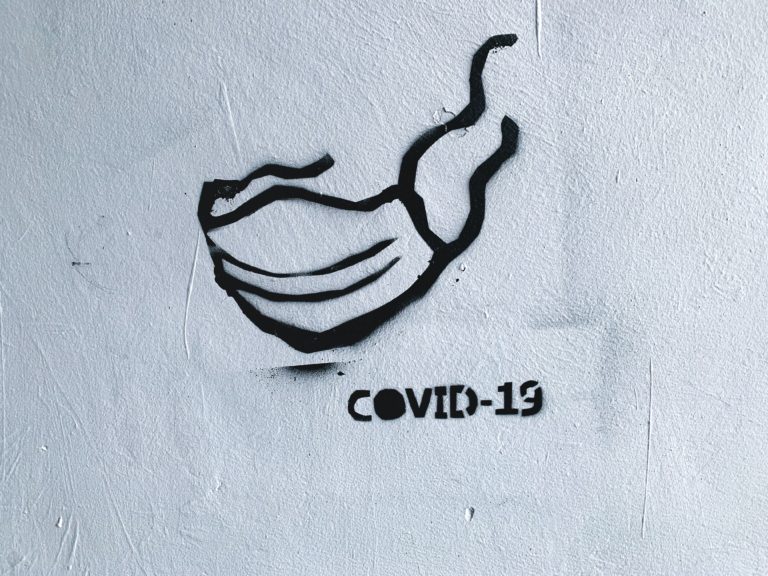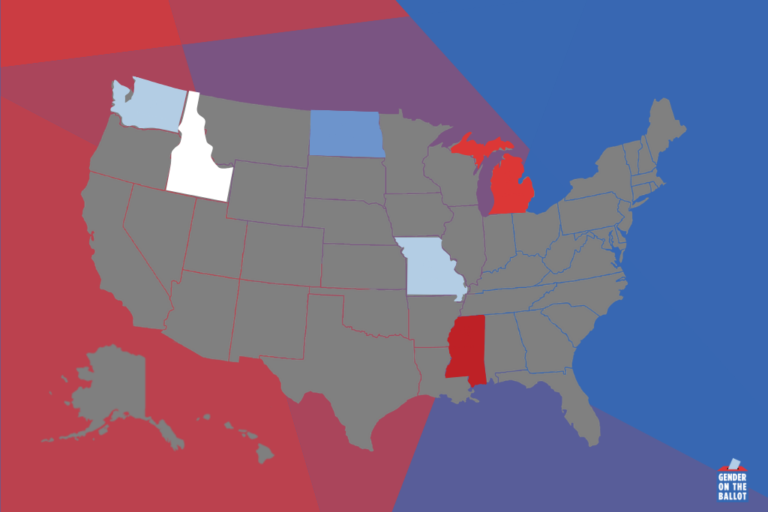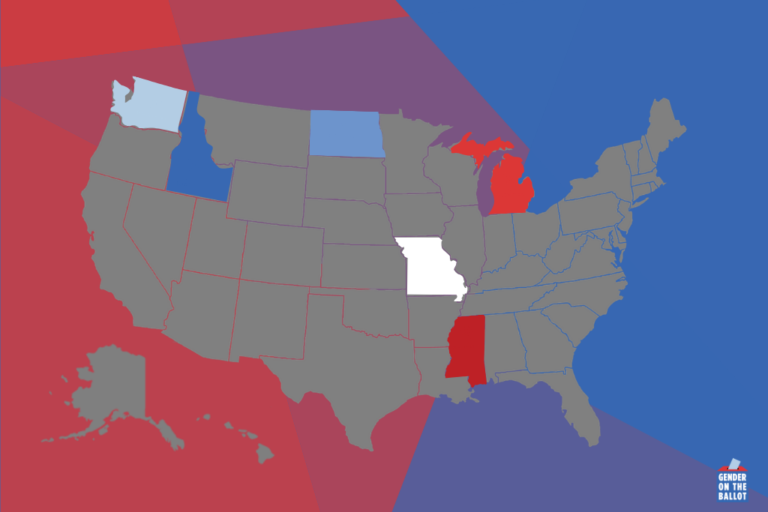As the world responds to the current global health crisis, there has been well-deserved…
The Importance of AOC’s Instagram Live

Late last month, Representative Alexandria Ocasio-Cortez detailed her experience during the Capitol attack on January 6th via a live video on her Instagram account. On a Monday night, before a streaming audience of more than 160,000 people (and with views now reaching over 5.6 million) Ocasio-Cortez describes her day in the Capitol complex as violent insurrectionists stormed the grounds. The nearly 90-minute video is remarkably candid, as the Congresswoman shares that she is a survivor of sexual assault, and viscerally describes her fear while hiding in a bathroom on January 6th, believing she “was going to die” that day.
Ocasio-Cortez’s Instagram Live video was the latest example of her next-generation style of political leadership—a leadership style doesn’t try to fit into an outdated template (designed for men) of what a politician should do. In that old template, women kept their personal experiences largely out of voters’ sights, talking exclusively about policy issues. Instead, this next-generation style brings the whole of a leader’s lived experience to her work, drawing on what she has seen and done outside of her public service record, and not shying away from sharing candid opinions and commentary. At the Barbara Lee Family Foundation, we call this “360-degree leadership,” and I’ve written before about how Ocasio-Cortez exemplifies this approach.
Representative Ocasio-Cortez has long used her social media channels specifically to connect seamlessly with her constituents and everyday people across the country, shedding light on otherwise obscure Congressional procedures and rules—or just sharing fun anecdotes like her skincare routine and videos of her puppy. She is so skilled at using social media, in fact, that she teaches an annual class about using online mediums to other members of Congress and their staffs.
Ocasio-Cortez is particularly gifted at using modern methods to connect with voters, but she isn’t alone in her authenticity—other examples include Boston mayoral candidate Michelle Wu, who has shared what it was like to take care of her mother while she struggled with mental illness; Andrea Campbell, also a Boston mayoral candidate, who has discussed her time in the foster care system and what it was like to lose her twin brother.
360-degree leadership is important not only because it resonates with voters and humanizes our political leaders, but because many of the women we see successfully modeling this style connect their personal experiences to the need for broader change, and to make much-needed calls to action. In Ocasio-Cortez’s case, she used her Instagram video to link the horror of her day on January 6th to the need for accountability for those in Congress and across the government who enabled and incited the riot. Another example is Senator Martha McSally drawing on her personal experience of sexual assault while serving in the Air Force to advocate for better protections against assault in the military.
Many of the record number of women elected to office since 2017 have shared their human experience with voters, instead of just focusing on their resumes. I believe that’s a good thing—for candidates who can leverage the range of their experiences to make change, and for all of us, who can better see ourselves and our lives reflected in our elected officials.






